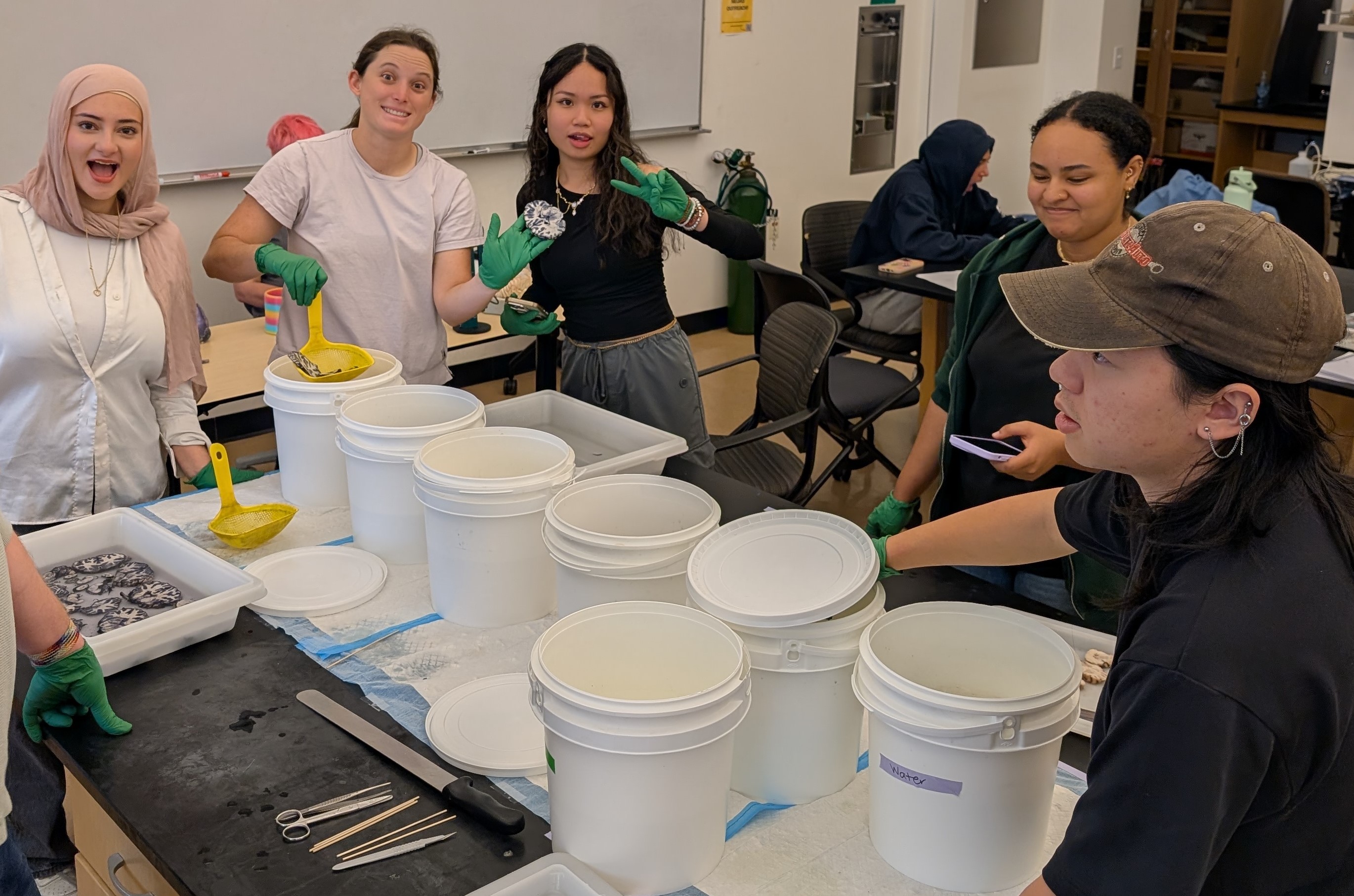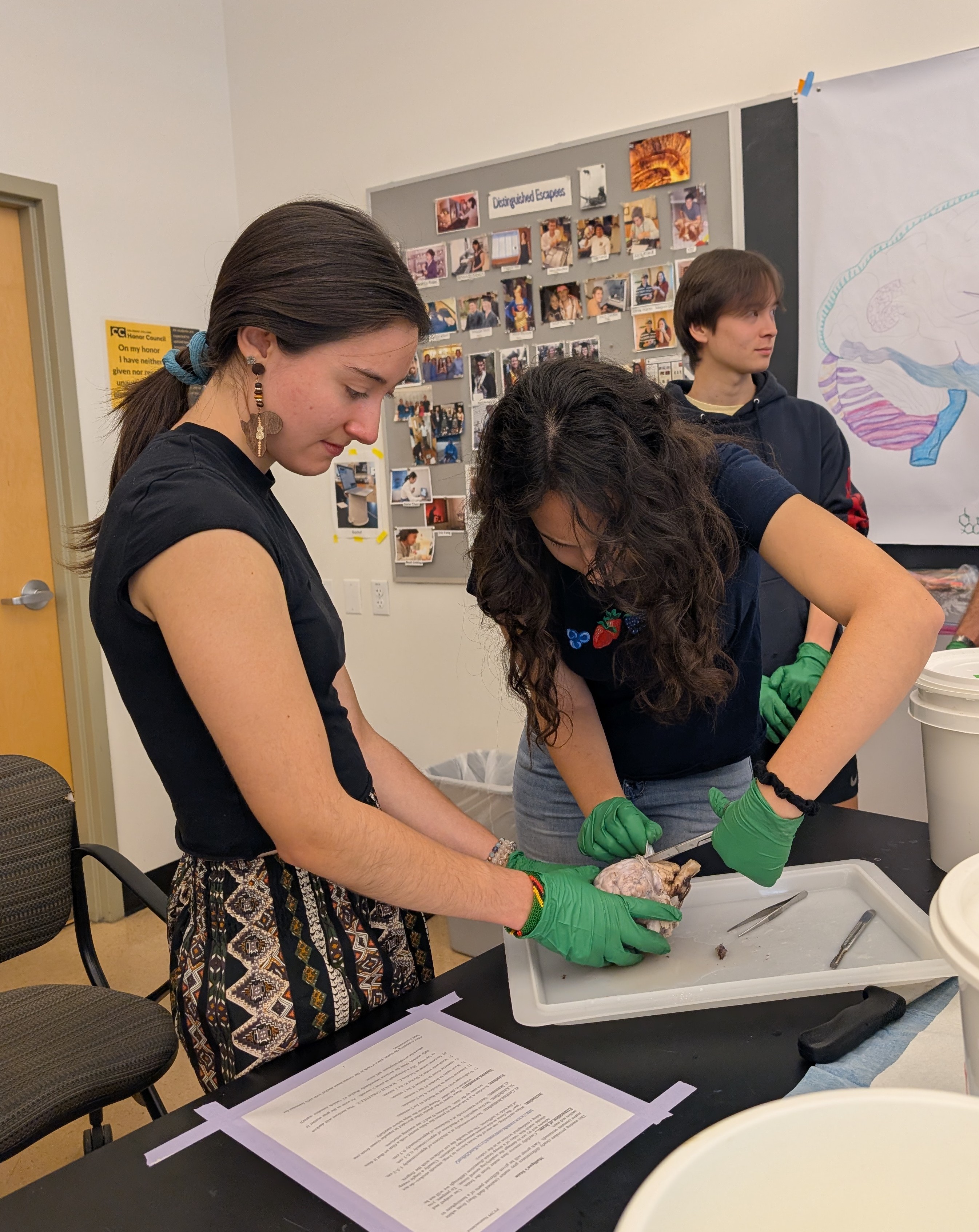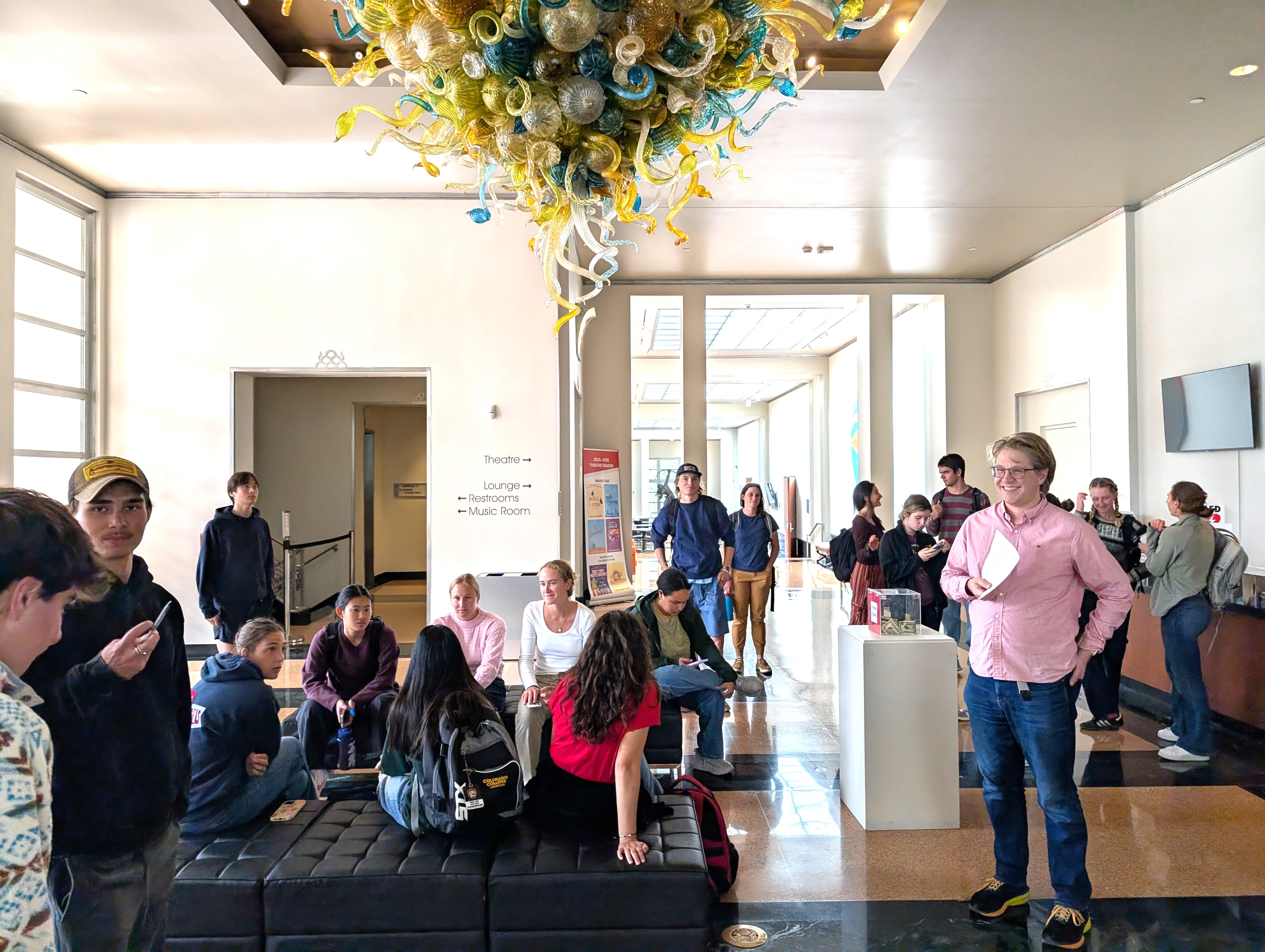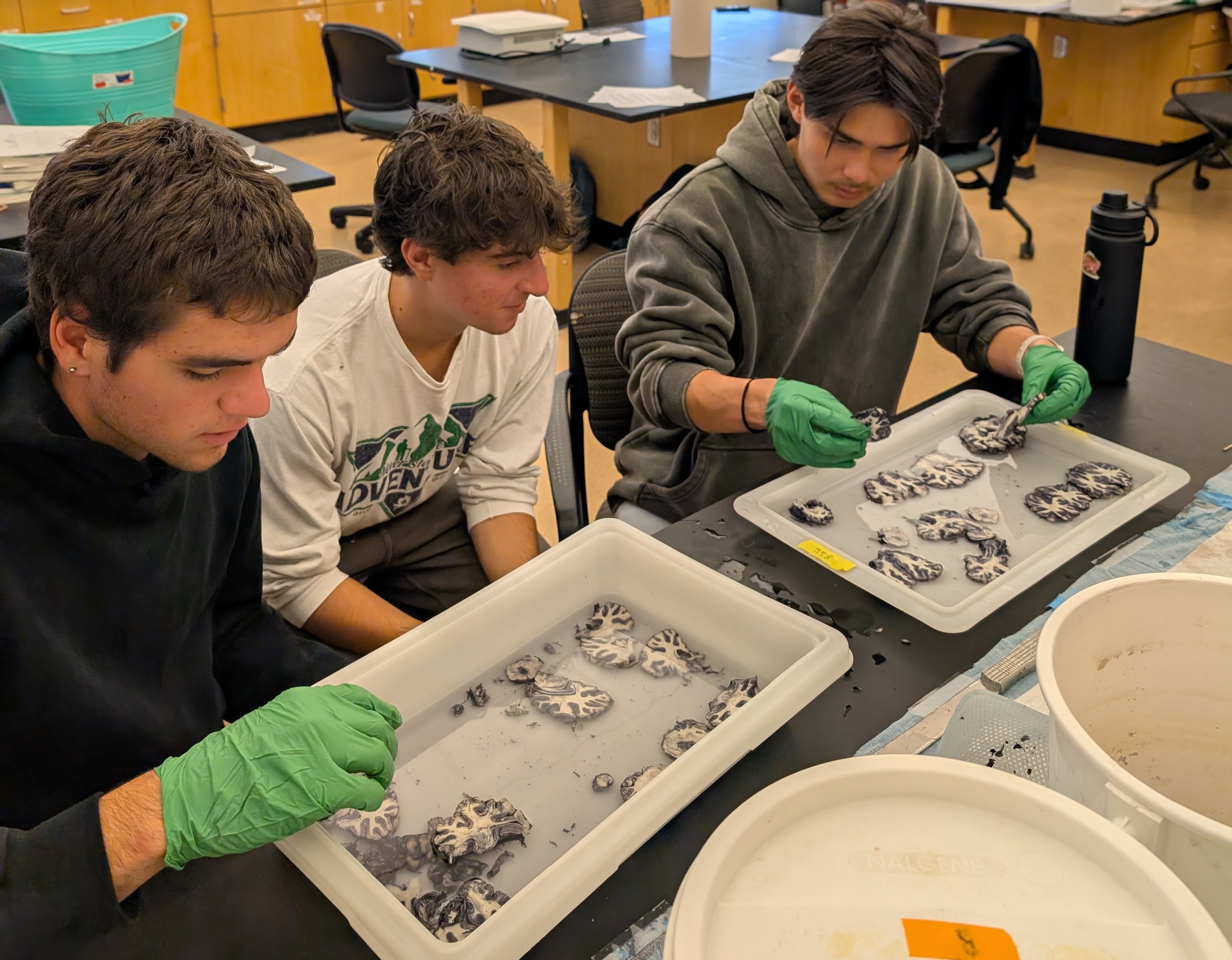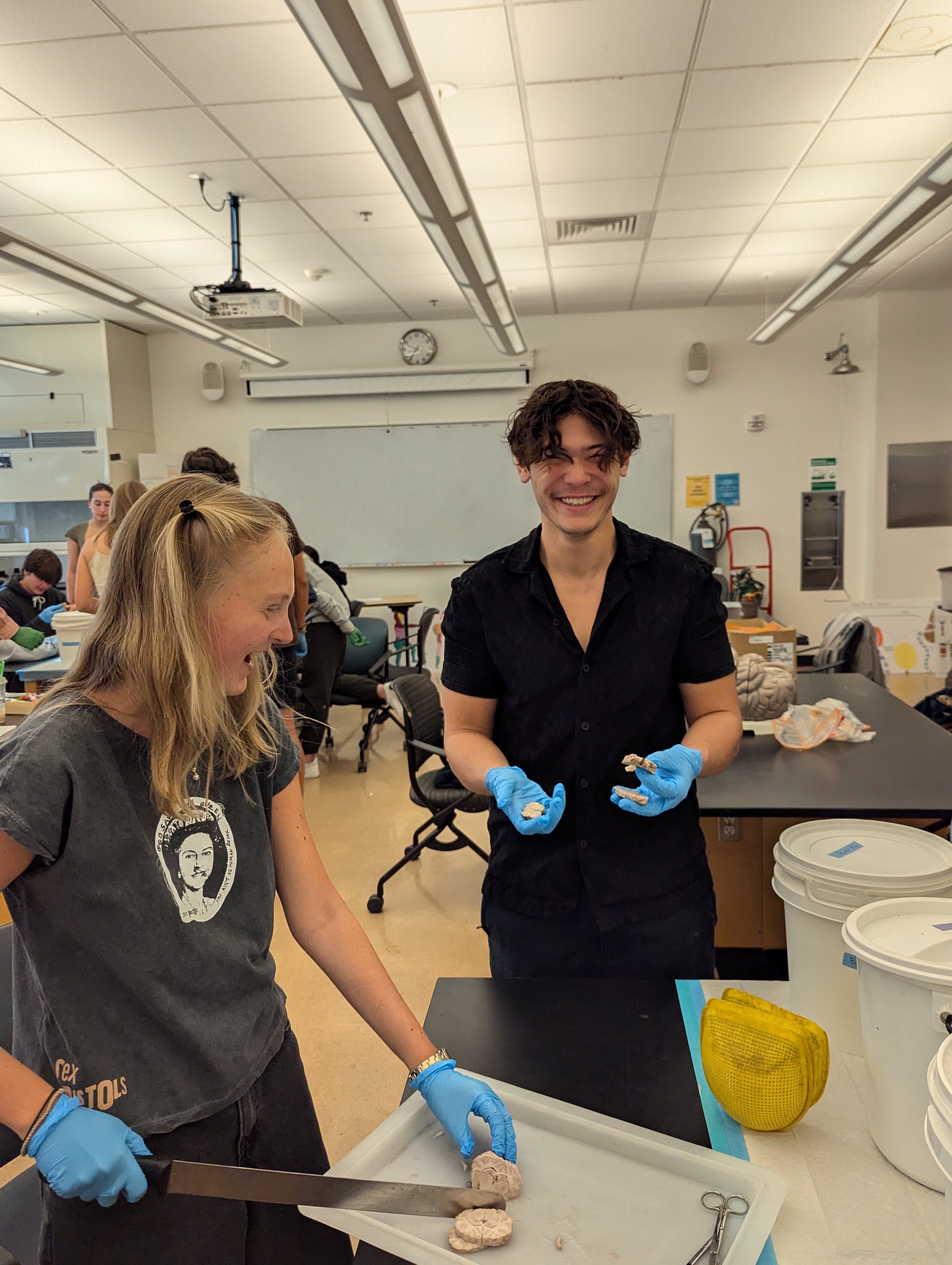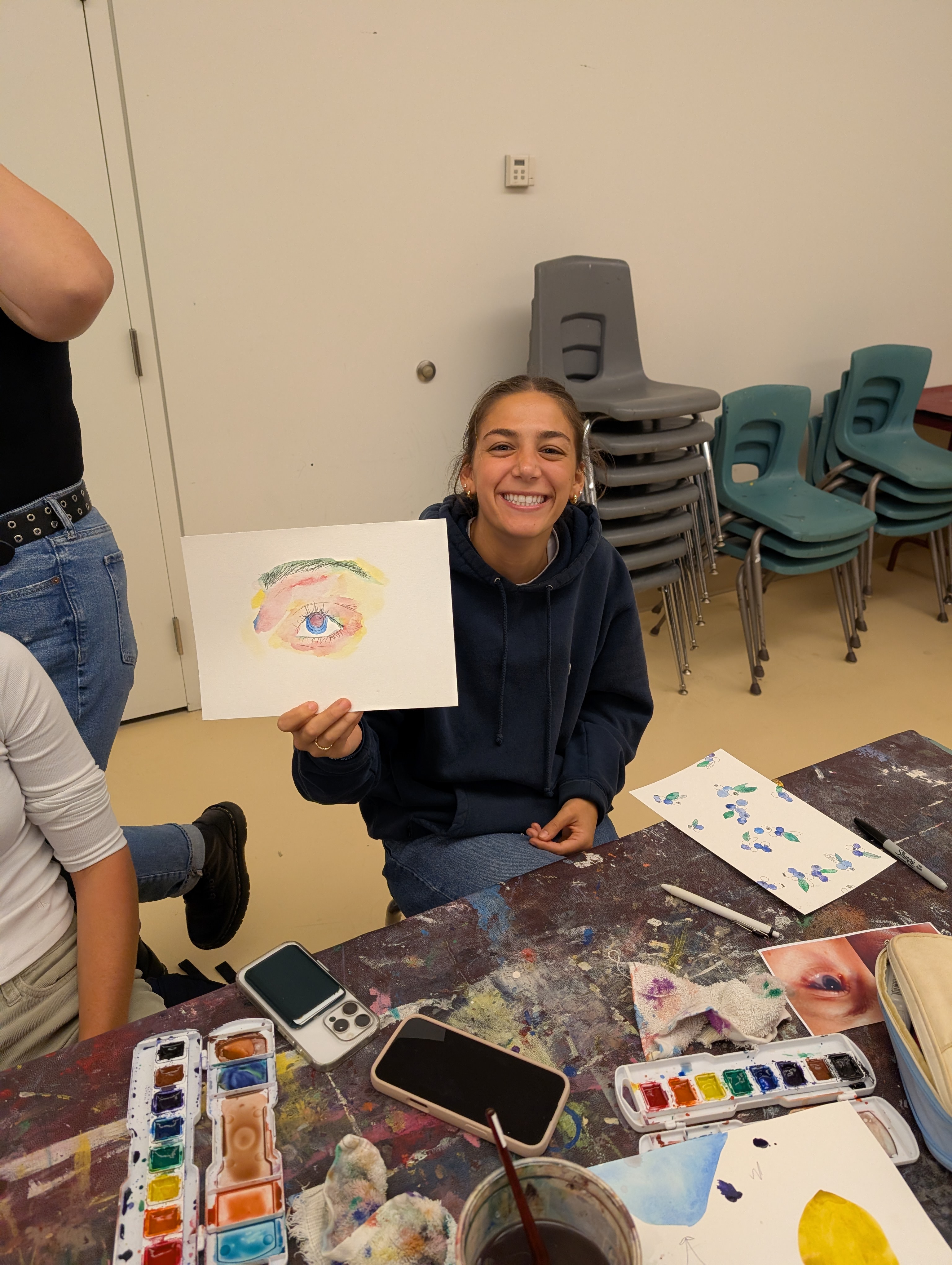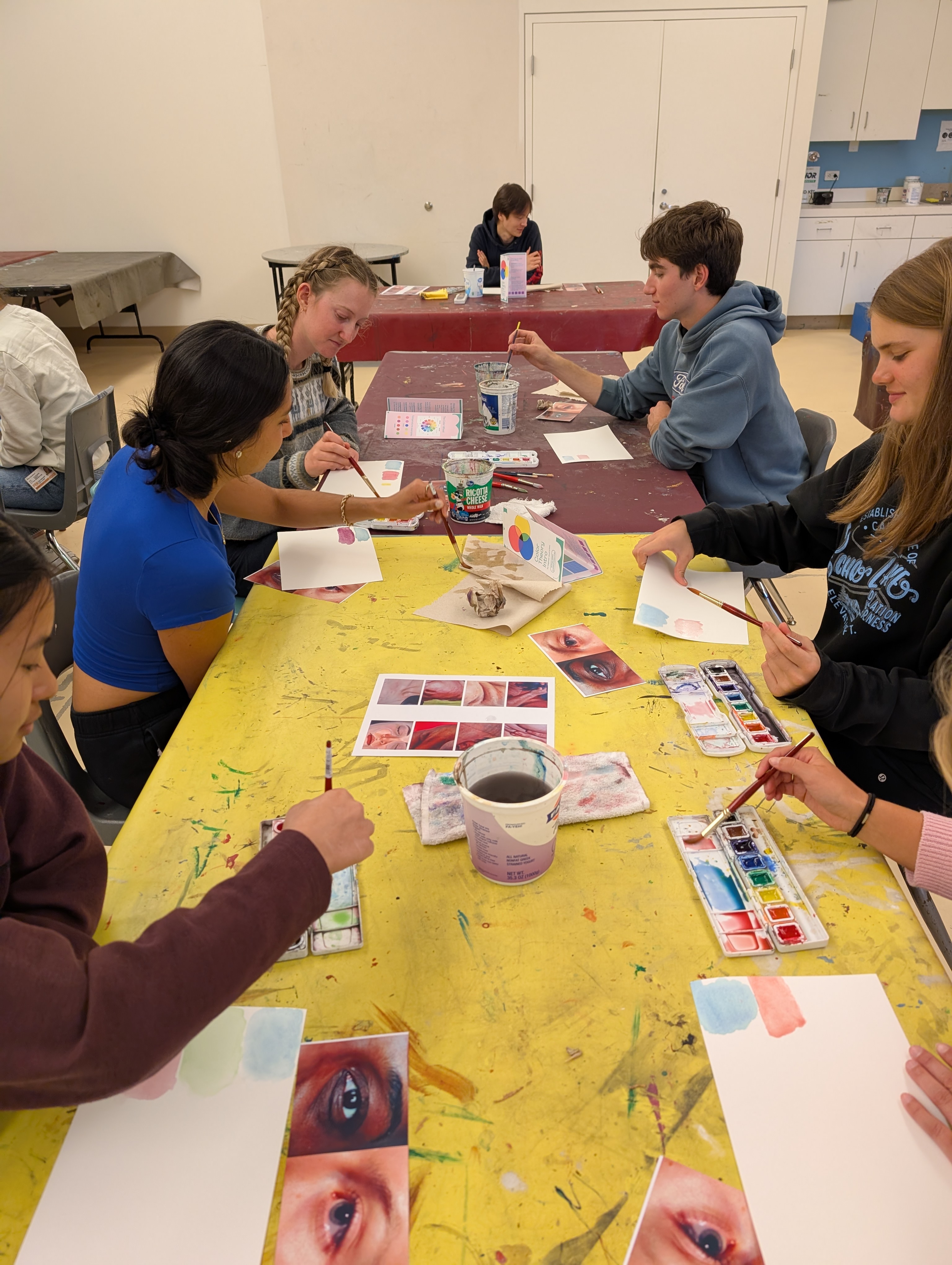PY299: The Neuroscience Course
No, nor nowhere else but in your brain. (Shakespeare,The Merry Wives of Windsor, IV, ii, 139)
Shakespeare was right--there is, in a sense, nothing that exists outside your brain. Almost all areas of psychology require at least a working knowledge of the brain. It is indeed doubtful if one can truly understand behavior without knowledge of the neural substrate that makes all behavior possible. Psychology 299: Intro to Neuroscience provides you with an opportunity to learn about the basic structure and function of the human brain. The term neuroscience refers to investigations of the development, organization, and functioning of the nervous system.
In order to provide you a guided tour of the brain, the course follows primarily a lecture format with an extensive laboratory component designed to give you "hands on" experience with human tissue. Emphasis is placed on fundamental neurobiological principles, including an overview of the relevant neurophysiology, neuropharmacology, and especially neuroanatomy (e.g., embryology and histology, sensory processing from the spinal cord/brain stem to thalamo- cortical systems, the cerebral hemispheres, the limbic system, etc.). For most of you, this will be the only course where you can obtain a good foundation in neural structure, and therefore the course is organized neuroanatomically.
Although the course does not assume any specialized scientific knowledge, it remains a challenging course, requiring the same commitment as would any study of a foreign language. Indeed, learning neurobiology means that you must learn the "language of the brain"; there is no getting around this. [see: http://faculty.washington.edu/chudler/neuroroot.html] Without a core knowledge of the neural substrate, any subsequent discussion of function quickly loses contact with reality.
As noted recently by Damasio (1994):
. . .neuroanatomy is the fundamental discipline in neuroscience. . . .There can be no hope of understanding the many levels of brain function if we do not have a detailed knowledge of brain geography at multiple scales (p. 25).
The course should not be viewed as an end to itself, but rather as a window to a new perspective. The knowledge obtained in the course should both guide and constrain future thinking about issues related to the human brain and mind, be they in the linguistic, philosophical, psychological, social, or political domain. The course provides the tools with which you can continue your exploration of psychology, biology, and/or neuroscience. In fact, the knowledge of the brain you gain in this course will profoundly affect your perception and appreciation of everything you do.

